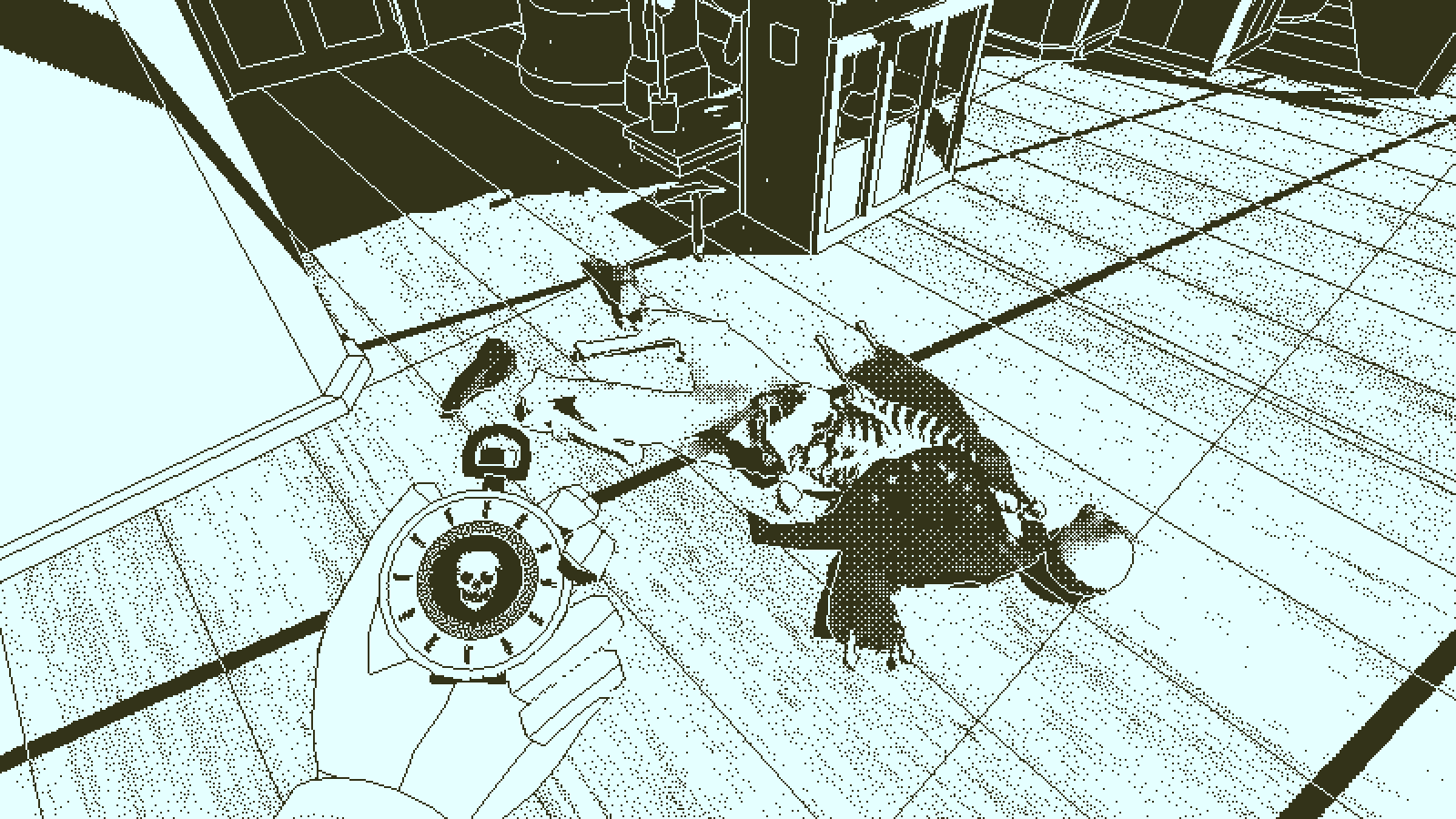Karen Olsson thinks about the importance of the many books she owns but will never read:
Perhaps in some cases it has actually meant more to me to possess a book than to read it, because as long as its contents remain unknown to me, it retains its mystery. The unread book is a provocation, a promise of something that might dissipate if I slogged my way through the text. I’ve read a little of Cave, City, and Eagle’s Nest: An Interpretive Journey Through the Mapa de Cuauhtinchan No. 2, a sumptuous art book about a 16th-century pictorial manuscript from Mexico […]. I keep this book around even though I don’t wish to make anything of it in a literal sense—I don’t want to write fiction or nonfiction or a nutty screenplay about a mesoamerican document, but I wish for it to somehow whisper in my ear while I write something not at all about the map, for its enigmatic presence to leave some ineffable trace.
I love this idea, and I must admit that I suffer from the same affliction. Design books, self-help books, nonfiction books… I want them to somehow transmit that “ineffable trace” to me just by virtue of sitting on my desk, mostly unread; no matter how many cookbooks I buy, it seems I always end up going to Serious Eats when I need a recipe.
I’m trying to read more by divorcing the physicality of owning a book from the process of reading it, so I bought an eReader. Now I get paper versions of the books I want to own, and digital versions of the ones I want to read. Totally normal, I know.

